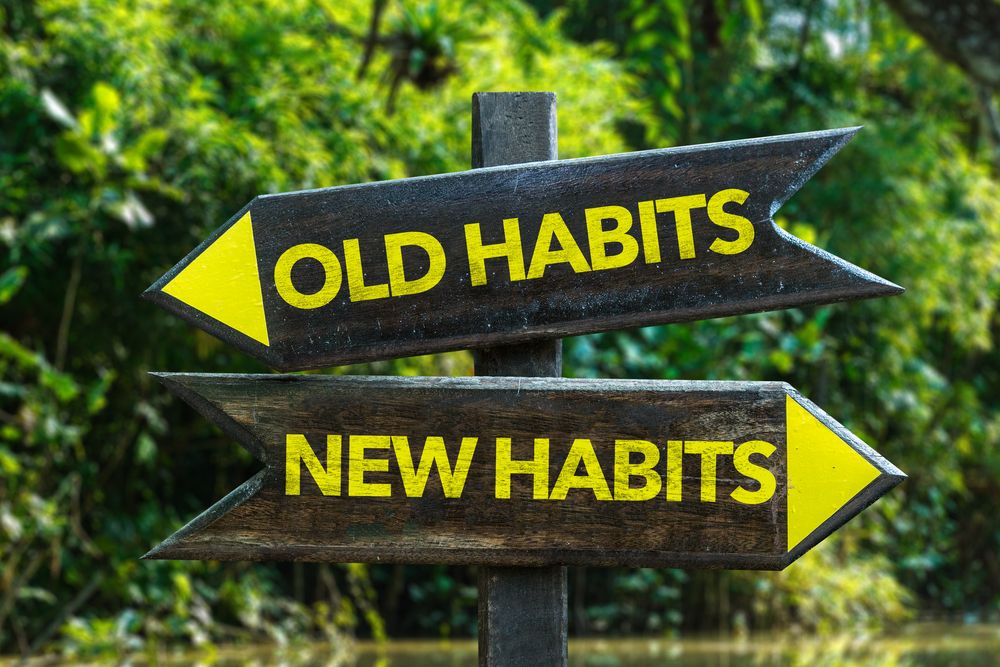It’s no secret that tobacco use is bad for your health. In fact, over-the-counter tobacco products are legally required to include warning labels making consumers aware of the dangers of tobacco— especially the dangers of cancer. If purchasing tobacco, you may see one of the following warnings:
Cigarette Warnings
- SURGEON GENERAL’S WARNING: Smoking Causes Lung Cancer, Heart Disease, Emphysema, and May Complicate Pregnancy.
- SURGEON GENERAL’S WARNING: Quitting Smoking Now Greatly Reduces Serious Risks to Your Health.
- SURGEON GENERAL’S WARNING: Smoking by Pregnant Women May Result in Fetal Injury, Premature Birth, and Low Birth Weight.
- SURGEON GENERAL’S WARNING: Cigarette Smoke Contains Carbon Monoxide.
Additionally, in 2020, the FDA finalized the “Required Warnings for Cigarette Packages and Advertisements” rule, proposing 11 new cigarette health warnings, consisting of textual warning statements accompanied by color graphics that focus on lesser-known risks associated with smoking, such as erectile dysfunction, bladder cancer, and cataracts.
Cigar Warnings
- WARNING: Cigar smoking can cause cancers of the mouth and throat, even if you do not inhale.
- WARNING: Cigar smoking can cause lung cancer and heart disease.
- WARNING: Cigars are not a safe alternative to cigarettes.
- WARNING: Tobacco smoke increases the risk of lung cancer and heart disease, even in nonsmokers.
- WARNING: Cigar use while pregnant can harm you and your baby.; or SURGEON GENERAL’S WARNING: Tobacco Use Increases the Risk of Infertility, Stillbirth and Low Birth Weight.
- WARNING: This product contains nicotine. Nicotine is an addictive chemical.
Smokeless Tobacco Warnings
- WARNING: This product may cause mouth cancer.
- WARNING: This product may cause gum disease and tooth loss.
- WARNING: This product is not a safe alternative to cigarettes.
- WARNING: Smokeless tobacco is addictive.
There’s no disputing that tobacco is harmful to your health. Yet, millions of people use it. In 2018, 11.8% of cancer survivors aged 18 and older reported being current cigarette smokers. And unfortunately, cigarette and cigar smoking is harmful to non-smokers as well. Secondhand smoke exposure (breathing in smoke from another person’s cigarette or cigar) can put people at a great risk of cancer, stroke, and heart attack.
Learn more about lung cancer screening and the importance of early detection.
Smoking During or After Cancer Treatment
As a cancer survivor, all of the warnings listed above regarding the dangers of tobacco apply to you. There are also several additional reasons why you should not use tobacco products if you’ve had cancer. Smoking after cancer treatment:
- May reduce the effectiveness of cancer treatment.
- Increases the risk of cancer recurrence.
- Increases the risk that you will develop a subsequent primary cancer (different cancer than you were already treated for).
- Increases your risk of dying if you were treated for smoking-related cancers (quitting smoking will decrease your risk of dying).
- Has a negative effect on pulmonary and immune function and wound healing.
- May sabotage your efforts and ability to exercise regularly, which most cancer survivors are encouraged to do to benefit their health.
- May cause long-term side effects of cancer treatment to be worse.
- May make achieving financial stability a challenge especially if your cancer caused you financial problems.
Get Help to Quit Tobacco for Good
Ultimately, saying goodbye to tobacco products entirely will be what’s best for your health and the health of those around you. While that’s often easier said than done, you can succeed if you set your mind to it!
If you’re ready to stop smoking, talk to your doctor to help determine the best approach to help you achieve your goal of quitting for good whether it involves slowly tapering the amount of tobacco you use, quitting cold turkey, or using nicotine replacement gum or patches. There are also plenty of other resources available to help you quit. For example, the Minnesota Department of Health has developed a program called Quit Partner, which provides assistance to those who want to stop smoking. The program includes counseling sessions, educational materials, and a 24-hour helpline. Their toll-free number is 1-800-QUIT-NOW (784-8669). If you are not local, most states have a similar program, visit the American Lung Association for inspiration and advice.
Quitting tobacco is hard, but beating cancer is even harder. If you were able to survive cancer, it’s more than likely that you can kick your tobacco habit, too.




